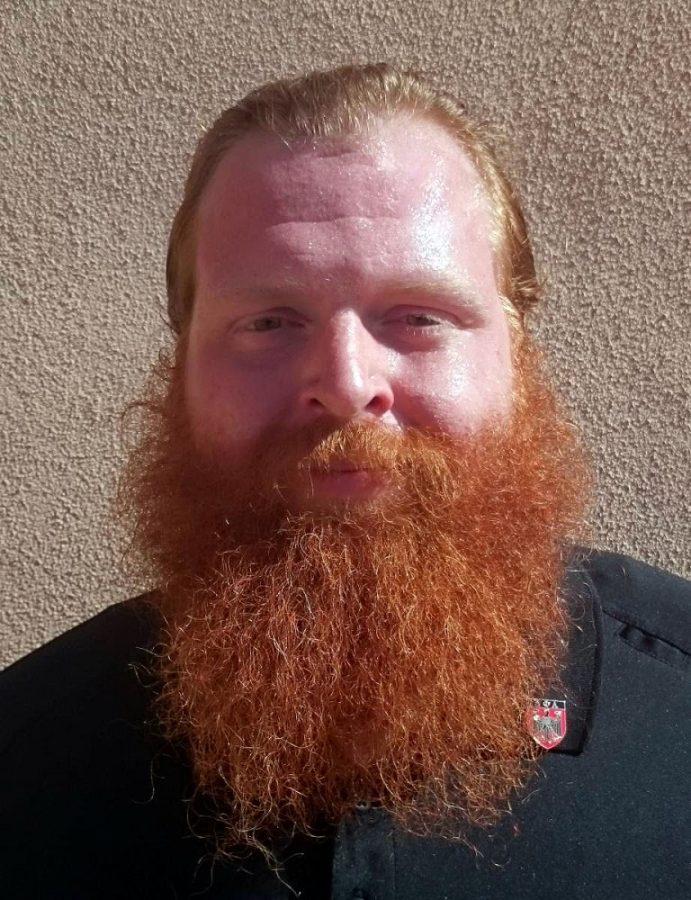As an Indigenous person, I have an issue with Columbus Day as a nationally recognized holiday. The problem with Columbus Day is that it rests upon an idea of discovery, which begs the question of “what exactly did Columbus ‘discover?’” The Merriam-Webster dictionary definition of “discover” is: “to see, find, or become aware of (something) for the first time.” Certainly European civilization knew very little about the people in the New World, but granting the distinction of discovery to Columbus is inappropriate because there were already complex social systems, forms of government and cultural richness in Indigenous communities. I conceptualize colonialism as a process where a dominant group seeks to control a non-dominant group through oppressive and usually violent means.
However, the discovery narrative served an important purpose in American history—one that was used to justify colonialist practices such as Indian boarding schools, mass killings of Native people and cultural genocide. The displacement of Native cultures and people was imperative to make room for a nationalistic concept that people could get behind. Columbus Day celebrations provided a perfect cover for the ugliness of colonialism and relieved guilt Americans have felt about their history. In addition, this nationalistic pride in the “discovery” of the New World rested upon a white supremacist belief that Indigenous people did not know how to properly use the land. Research has proven this to be incorrect. Indigenous people viewed land as a gift from the Creator, but took great care to observe the ways of the animals, took only what they needed to survive and sought to minimize harm to their living environments. Among Native communities, there were farmers, fishermen (and women), man-made irrigation systems, complex salmon netting systems and various other methods to provide for the people without harshly damaging the earth and animals.
Natives already possess narratives that are counter to the Columbus discovery concept. As keepers of spoken histories, the narratives we learn teach important lessons and convey cultural beliefs. We learn through stories and legends that our people have been on this land for hundreds of years and that we have a sacred connection to this earth. Some of us have family stories of boarding school abuse and mistreatment that are passed down like uncommon heirlooms.
My personal family history includes narratives about my grandmother who was absolutely fearless in her many quests to see social justice served. She was also an Indian boarding school survivor. She endured physical abuse for speaking her Native language but held on to her love of learning. The narratives I heard about my grandmother portrayed resilience and bravery, determination and a desire to never stop learning and growing. The tragedy is that the language my grandmother grew up speaking is in danger of being lost like many other Native languages. This is how colonialism functions; it displaces and destroys a Native language using whatever narrative will most effectively justify the process.
This provides a concrete example of the problematic nature of the discovery narrative. The discovery narrative of Columbus Day rests upon and recalls a colonialist ideology that reifies and ensures the continued devaluation of Native culture and history. Cities like Seattle and Portland are coming to terms with this history and have chosen to observe Indigenous Peoples Day in place of Columbus Day. They have taken what I view as a step toward healing, where Native culture and history is respected. Isn’t it time for cities in Arizona to do the same?
Christie Kelly
Navajo Tribal Member
Ph.D. Student,
Higher Education
University of Arizona











